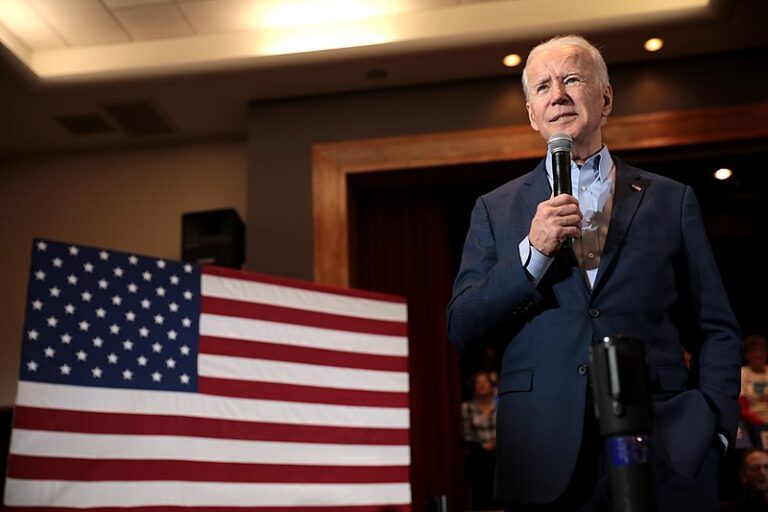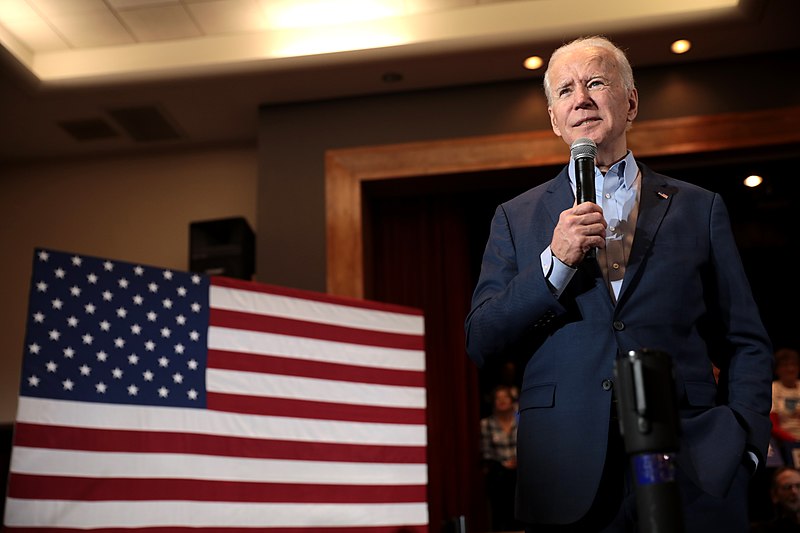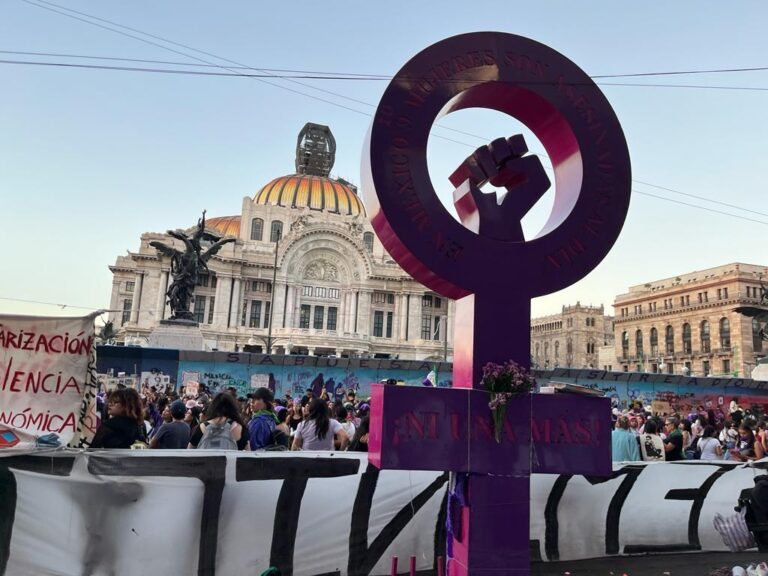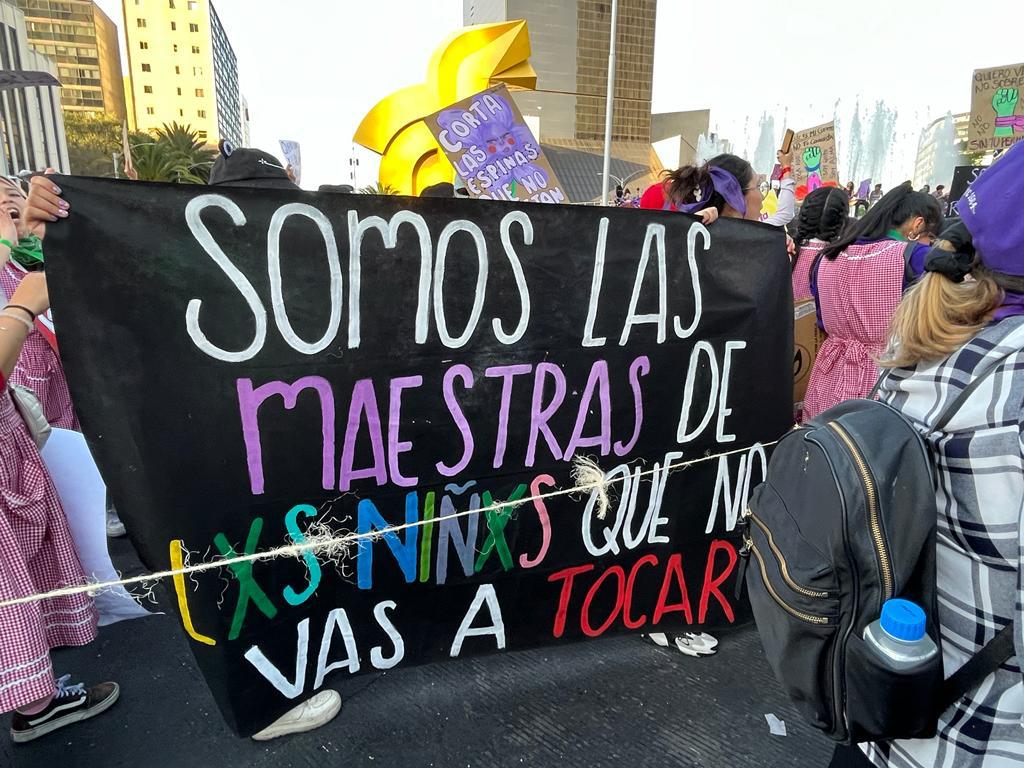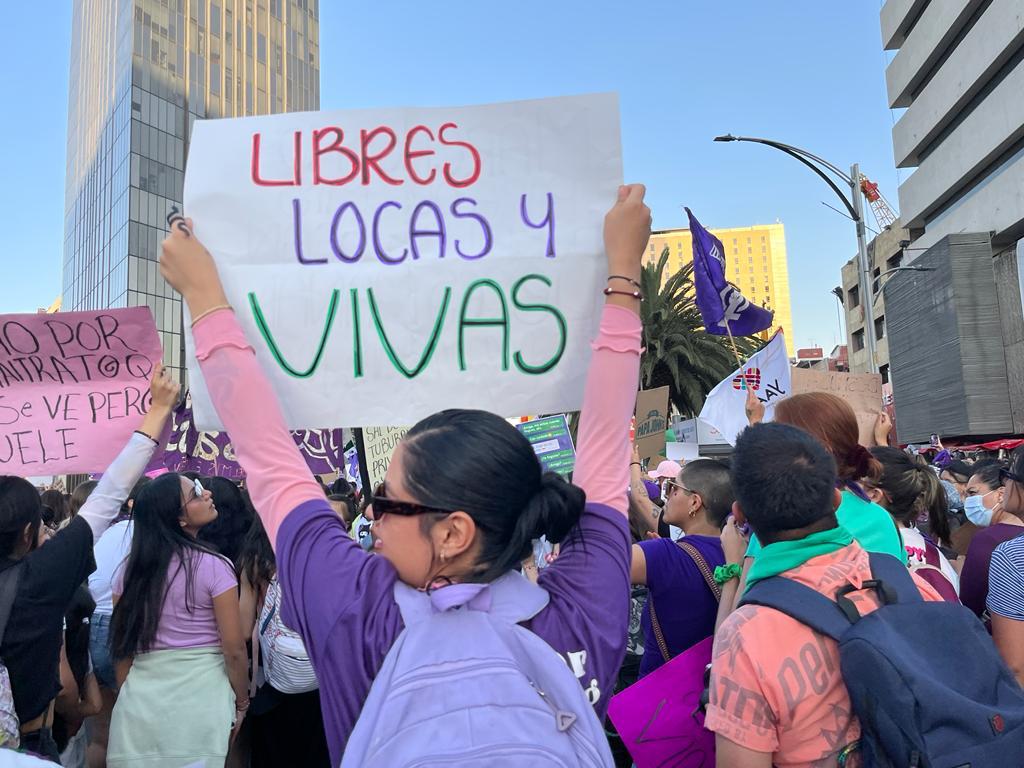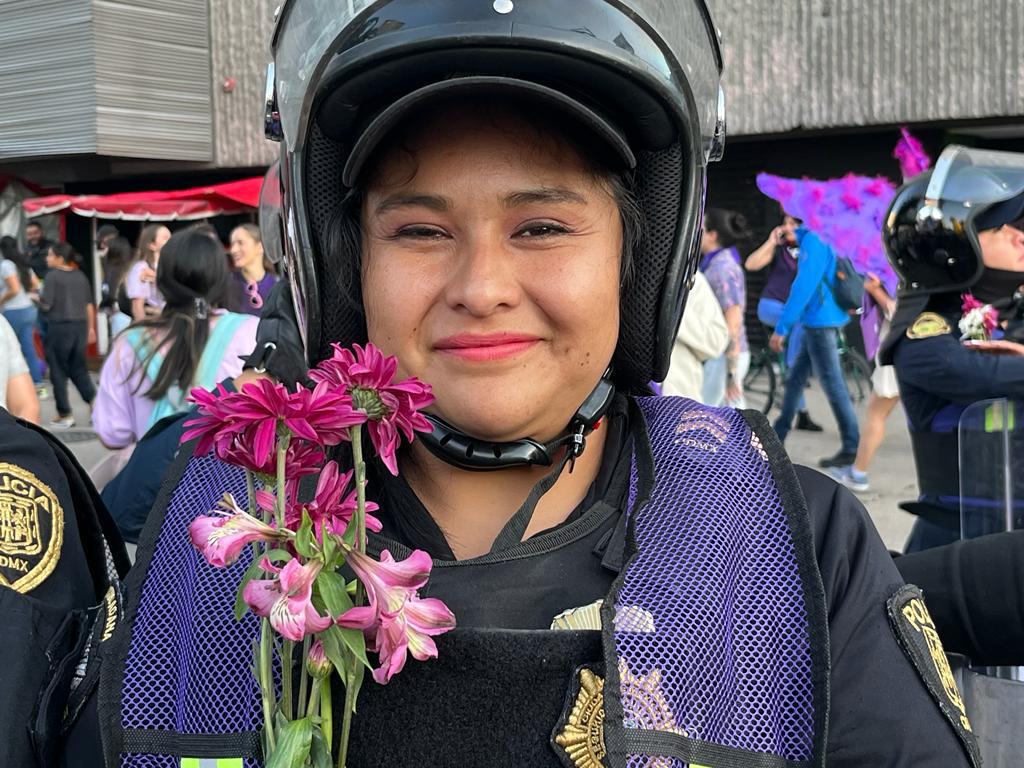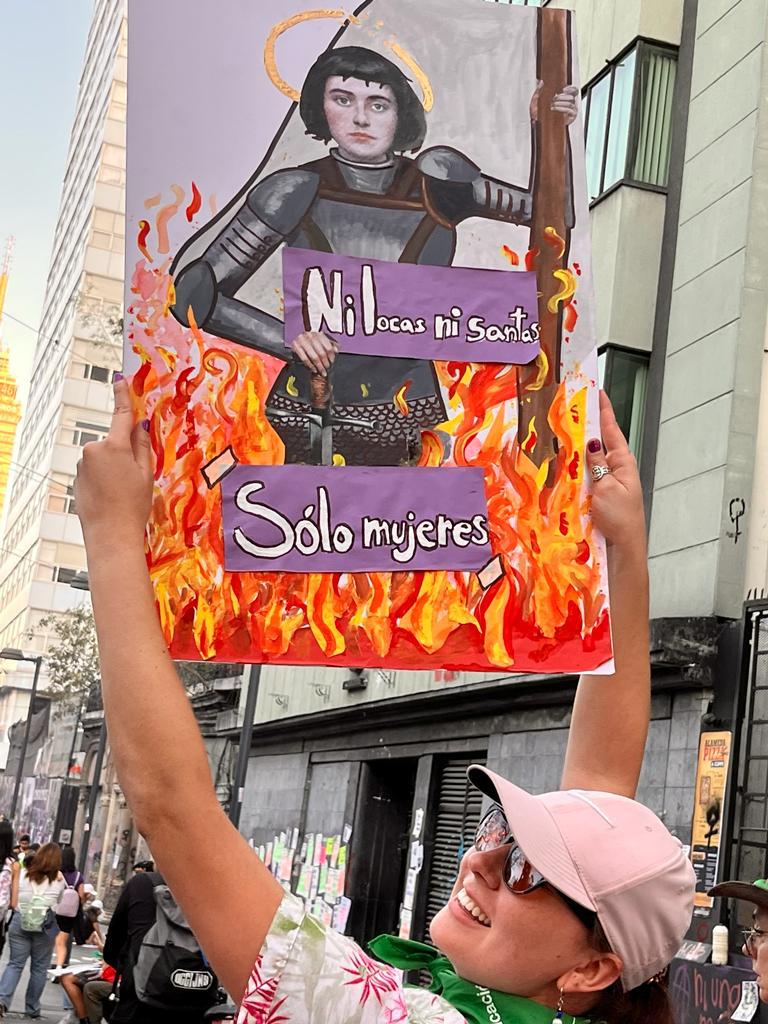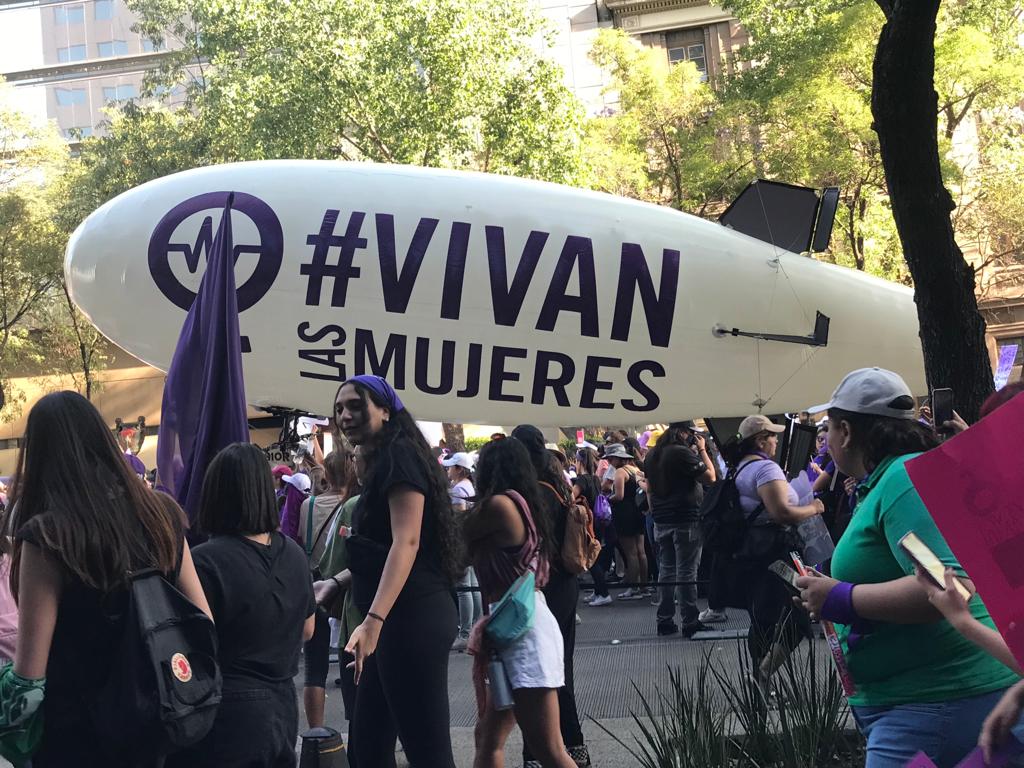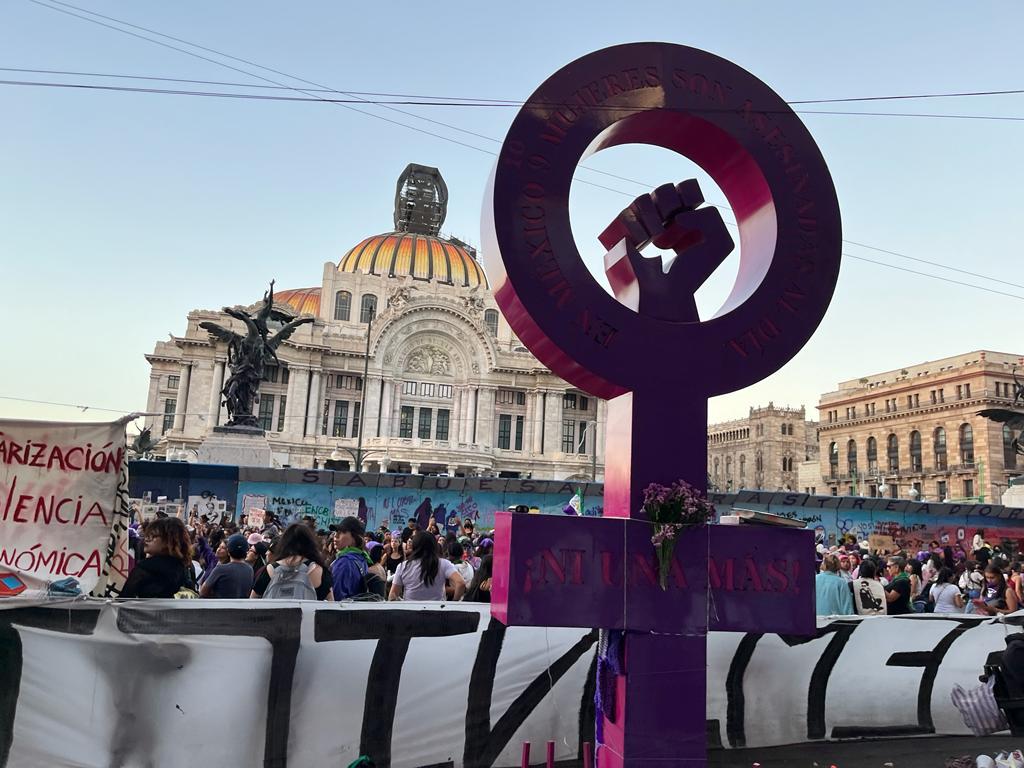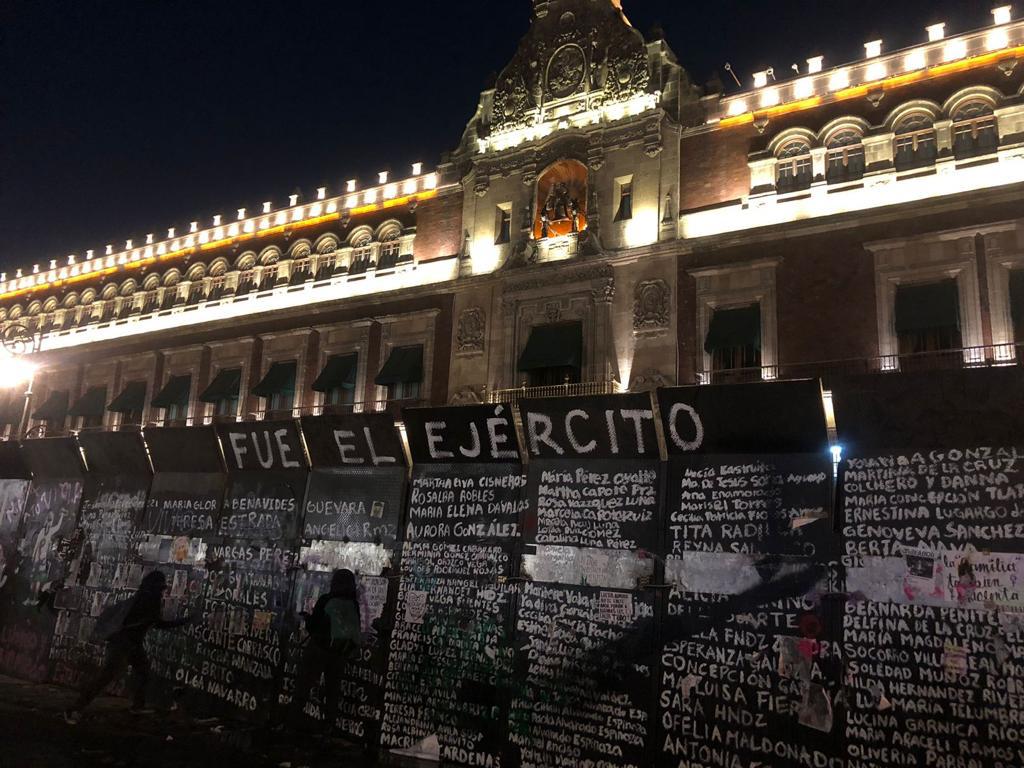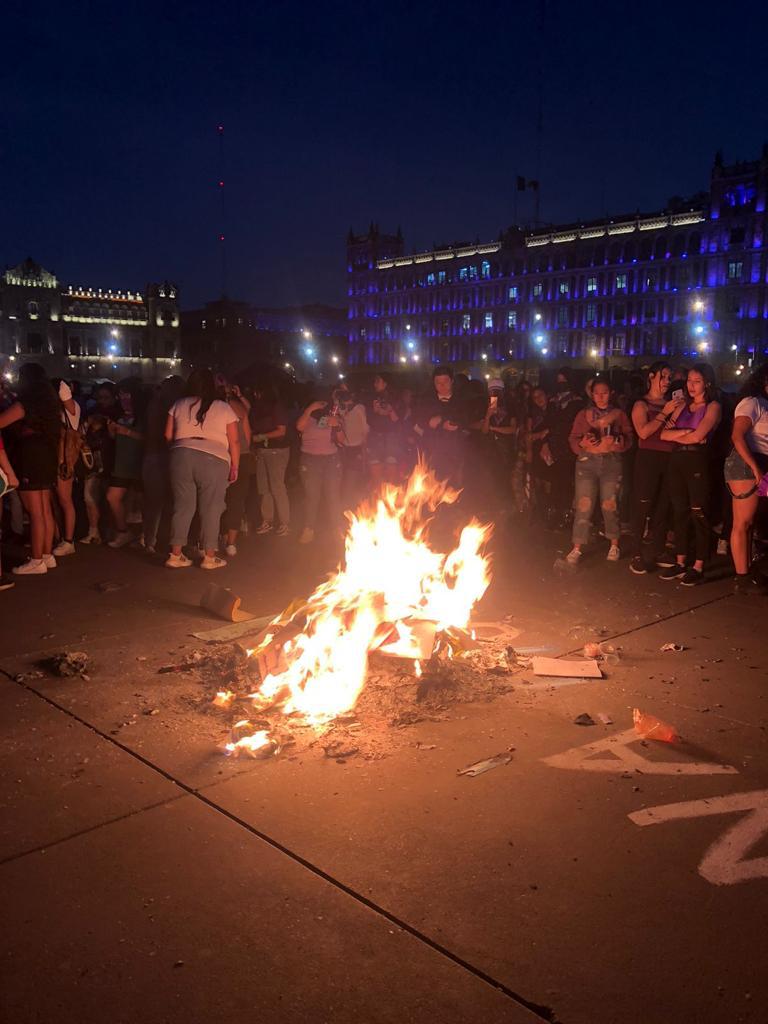
By Bay City News.
Los equipos de buceo, búsqueda y rescate están en el condado de Monterey y se dirigen a la comunidad de Pájaro mientras los ingenieros estatales y locales evalúan la situación y las próximas acciones a raíz de la ruptura del dique del río Pájaro el viernes por la noche, dijeron las autoridades este sábado por la mañana.
Vehículos adicionales de agua alta también están en camino a Pájaro, con cuatro ya en el lugar, según las autoridades. Los equipos de evaluación de daños están en camino.
La ruptura del dique provocó la evacuación y la población total bajo orden de advertencia de evacuación es de 8 mil 528, según funcionarios del condado de Monterey. La brecha tiene aproximadamente 100 pies de ancho en este momento.
Las notificaciones de evacuación de puerta en puerta comenzaron aproximadamente a las 15:00 horas del viernes para conectarse con los residentes que podrían no haberse ido cuando se emitieron los avisos de emergencia. Después de que ocurrió la ruptura del dique, los equipos del alguacil realizaron aproximadamente 60 rescates en esta área.
Algunos residentes evacuaron ayer y durante la noche, pero no abandonaron el área y trabajadores del condado están haciendo lo posible para transportarlos a refugios de emergencia. Se proporciona transporte gratuito a los albergues.
El río Salinas se ha desbordado en la zona de la comunidad de San Ardo. Cattleman Road que conduce a la comunidad está cerrada y se emitieron órdenes de evacuación durante la noche, precisaron las autoridades.
Todos aquellos que necesiten asistencia de emergencia deben ir al refugio al que puedan llegar más fácilmente, según las autoridades.
Órdenes de evacuación:
- Áreas de Arroyo Seco, A partir del 10 de marzo
- Comunidad de Pájaro, a partir del 10 de marzo
- San Ardo, Effective Immediately, March 11
Se han emitido advertencias de evacuación para los siguientes lugares:
- Áreas de Carmel Valley, a partir del 10 de marzo
- Áreas del norte de Salinas, a partir del 9 de marzo
- Áreas de Bolsa Knolls, a partir del 9 de marzo
- Área de la laguna del río Carmel, a partir del 9 de marzo
- Big Sur River, starting Friday, March 10 at 5:00 p.m.
- Todas las áreas del río Salinas, a partir del 10 de marzo
You may be interested in: Order issued to use floodwaters to recharge and store groundwater in California








